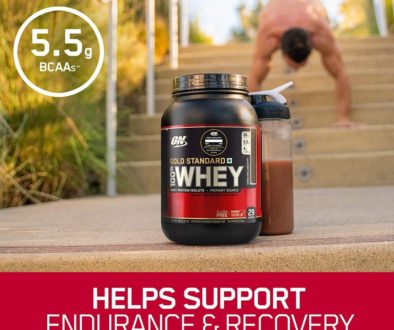Vegetarian Vitamin Supplement
Are Vegetarian Diets Healthy?
The majority of vegetarian diets are low in animal products. Therefore, they are also lower in cholesterol, total fat and saturated fat compared to normal diets. Medical research has shown that vegetarians have a lower risk of heart disease, obesity, diabetes mellitus, high blood pressure and some types of cancer.
 Not all vegetarian diets are the same, there are actually four types of vegetarian diets:
Not all vegetarian diets are the same, there are actually four types of vegetarian diets:
- The total vegetarian or vegan diet includes only plants and foods from plants, such as vegetables, fruits, legumes, seeds, grains and nuts.
- The lacto-vegetarian diet includes not only plant foods, but also cheese and other milk products.
- The ovo-lactovegetarian or lacto-ovovegetarian diet includes eggs as well.
- Semi-vegetarian people don’t eat red meat, but include fish and chicken in their diet.
Vegetarian diets can be very healthy if carefully planned so that they include all the necessary nutrients in reasonable amounts. However, they can also be too high in calories or lack some important nutritional substances.
Vegetarian Vitamins
If you’re a vegetarian, you can ensure you have enough nutrients in your body by taking the following vegetarian vitamins:
Proteins
You don’t necessarily have to eat animal products to ensure the correct amount of proteins in your body. Proteins are also naturally found in plants. However, make sure that your diet is varied and contains enough calories for your energy needs.
You can also rely on a good vegetarian vitamin supplement. Vegetables, legumes, whole grains, nuts and seeds are also rich in amino-acids. However, you don’t have to combine all these foods in one meal.
Soy is also just as rich in proteins as animal products. You can take all the necessary amount of proteins just from soy.
Iron
Vegetarians run a higher risk of having iron deficiencies, as the main sources of iron are liver, read meat and egg yolk. However, iron is also found in spinach, dried beans, dried fruits and brewer’s east. A vegetarian vitamin supplement can also help increase the iron level in your body.
Vitamin B12
Animal products are the only natural source for this vitamin. Therefore, vegans need to take a vegetarian vitamin supplement to prevent vitamin B12 deficiencies. However, small amounts of vitamin B12 can also be found in fortified cereals, nutritional yeast, soy beverages and other foods.
Vitamin D
Vegetarians have to use vegetarian supplement intakes to ensure a proper vitamin D level in their body, especially if they don’t get enough sunlight.
Calcium
Medical research has shown that vegetarian diets usually lead to the absorption and retaining of more calcium. Calcium is found in vegetable greens, such as kale, spinach and broccoli, legumes and soy.
Zinc
Zinc is an essential substance for ensuring development and growth. Grains, legumes, nuts and shellfish are great sources of zinc. If you take a vegetarian vitamin supplement, make sure that it doesn’t contain over 15-18 mg of zinc. A vegetarian vitamin supplement with 50 mg of zinc may decrease the level of HDL cholesterol, which is good for the human body.
Although vegetarian diets are generally healthier than non-vegetarian ones, taking a good vegetarian vitamin supplement may help keep your body healthy.


